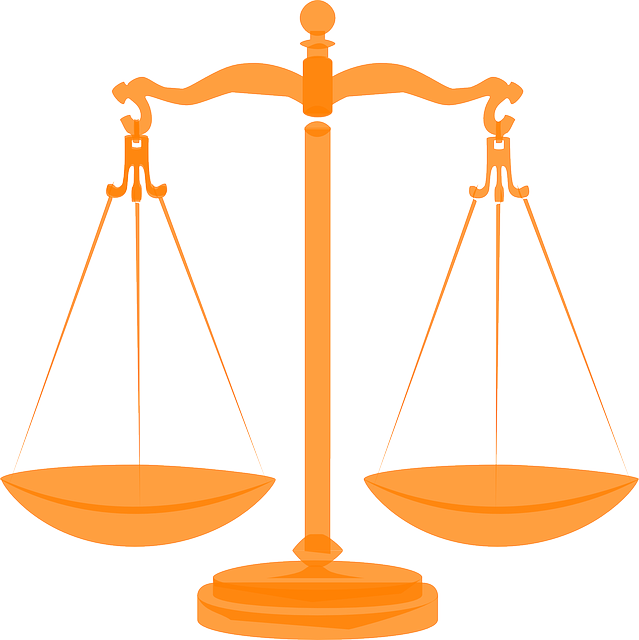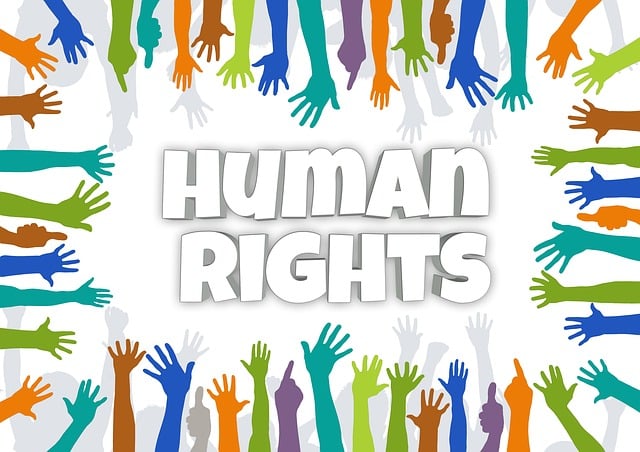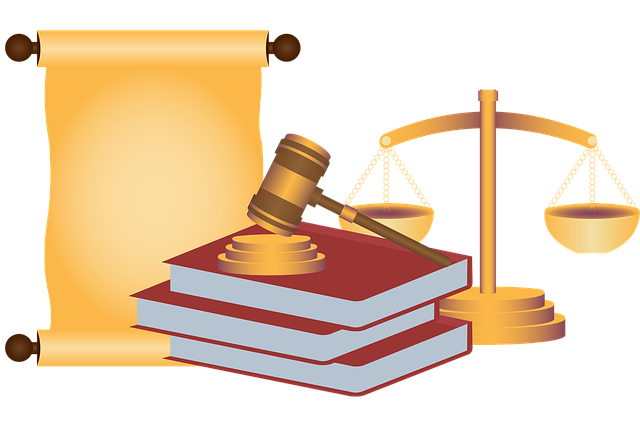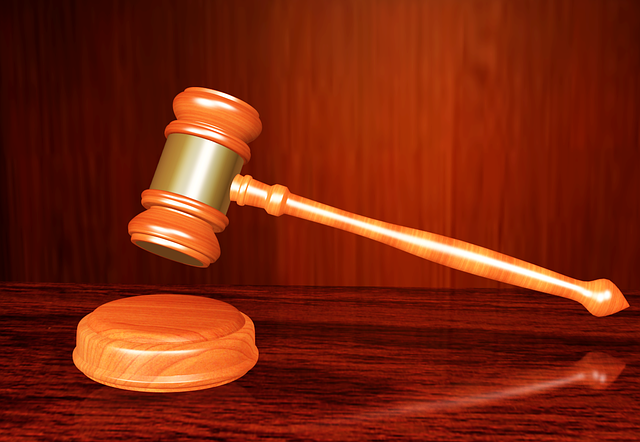Whistleblower protection through class action lawsuits is a powerful tool for exposing corporate misconduct and promoting accountability. Understanding key eligibility requirements, such as firsthand knowledge, good-faith reporting, and proof of legal violation, is crucial for individuals to safeguard themselves from retaliation and ensure fair compensation. Jurisdictions vary in their rules, but successful cases typically involve demonstrating public interest, significant personal harm, and a direct link between the revelation and wrongdoing. Engaging experienced legal counsel enhances chances of securing positive outcomes in these complex processes.
Whistleblower protection lawsuits play a crucial role in upholding ethical standards within organizations. This comprehensive guide delves into the intricacies of whistleblower protection laws, shedding light on their significance and how they empower individuals to stand against corporate wrongdoings. From understanding the legal framework to navigating complex processes, we explore key aspects such as class action lawsuit eligibility requirements, offering valuable insights for those considering their legal options.
- Understanding Whistleblower Protection Laws: A Comprehensive Overview
- Class Action Lawsuits: When Group Efforts Make a Difference
- Eligibility Requirements for Whistleblower Protection Claims
- Navigating Legal Processes: Tips for Successful Lawsuits
Understanding Whistleblower Protection Laws: A Comprehensive Overview

Whistleblower protection laws play a crucial role in safeguarding individuals who expose illegal or unethical activities within organizations. These laws provide a legal framework to protect whistleblowers from potential retaliation, ensuring they can come forward with confidence. In many jurisdictions, whistleblower protection comes in the form of class action lawsuits, offering a powerful tool for collective action.
Understanding eligibility requirements for class action lawsuits is essential. These requirements vary by jurisdiction but generally involve demonstrating a violation of specific laws or regulations, proving the existence of a pattern or practice of misconduct, and showing that the whistleblowers’ actions were made in good faith without any malicious intent. By navigating these complexities, individuals can avoid potential indictment and even achieve winning challenging defense verdicts, ultimately fostering a culture of accountability within white-collar industries.
Class Action Lawsuits: When Group Efforts Make a Difference

In the realm of whistleblower protection lawsuits, class action suits stand out as powerful tools for individuals who share a common goal: ensuring corporate accountability and justice. These collective legal efforts are particularly impactful in high-stakes cases involving white collar crimes, where numerous employees may have been affected by fraudulent or illegal activities. When faced with complex and far-reaching misconduct, a class action lawsuit can offer significant advantages.
By pooling resources and sharing legal strategies, whistleblowers can enhance their negotiating power and increase the likelihood of achieving a complete dismissal of all charges. Class action lawsuits also ensure that eligible participants receive fair compensation for their role in exposing corporate wrongdoings. This approach not only provides individual relief but also serves as a powerful deterrent, potentially revolutionizing corporate compliance practices and preventing future misconduct.
Eligibility Requirements for Whistleblower Protection Claims

Whistleblower protection lawsuits, often brought as class action suits, are designed to safeguard individuals who expose illegal or unethical activities within their organizations. To be eligible for such legal protections, plaintiffs must meet specific criteria. These requirements ensure that only valid cases proceed, protecting both corporate and individual clients from baseless claims.
Key eligibility factors include having firsthand knowledge of the alleged wrongdoing, a reasonable belief that the information discloses a violation of law, regulation, or company policy, and a good-faith effort to report the issue internally or to relevant authorities before initiating legal action. The laws vary across the country, but they generally aim to incentivize employees to come forward with insights that could expose corporate malfeasance while maintaining a balance to prevent frivolous lawsuits.
Navigating Legal Processes: Tips for Successful Lawsuits

Navigating legal processes for whistleblower protection lawsuits can be a complex and daunting task. To increase your chances of success, it’s crucial to understand the eligibility requirements for class action lawsuits, which often form the backbone of these cases. Each jurisdiction has its own set of rules, but common elements include proving that the disclosure was in the public interest, the whistleblower faced significant personal cost or harm, and there’s a clear link between the revelation and a violation of law.
Building a strong case requires gathering comprehensive evidence, including documentation of the wrongdoing, internal communications, and expert testimony. Engaging experienced legal counsel with an unprecedented track record in handling such cases is invaluable. Their insights can help you navigate the intricate details, from crafting compelling legal arguments to effectively communicating with both judicial authorities and the philanthropic and political communities. Ultimately, a well-prepared case, backed by solid evidence and strategic guidance, increases your chances of securing a favorable outcome, even against winning challenging defense verdicts.
Whistleblower protection lawsuits play a crucial role in upholding justice and accountability. By understanding the comprehensive overview of these laws, recognizing the power of class action suits, and navigating the legal processes with expertise, individuals can effectively protect their rights. Ensuring compliance with specific eligibility requirements for Class Action Lawsuits is key to making a significant impact. Armed with knowledge and strategic guidance, whistleblowers can expose wrongdoings and foster positive change within organizations, ultimately revolutionizing practices and protecting the public interest.






